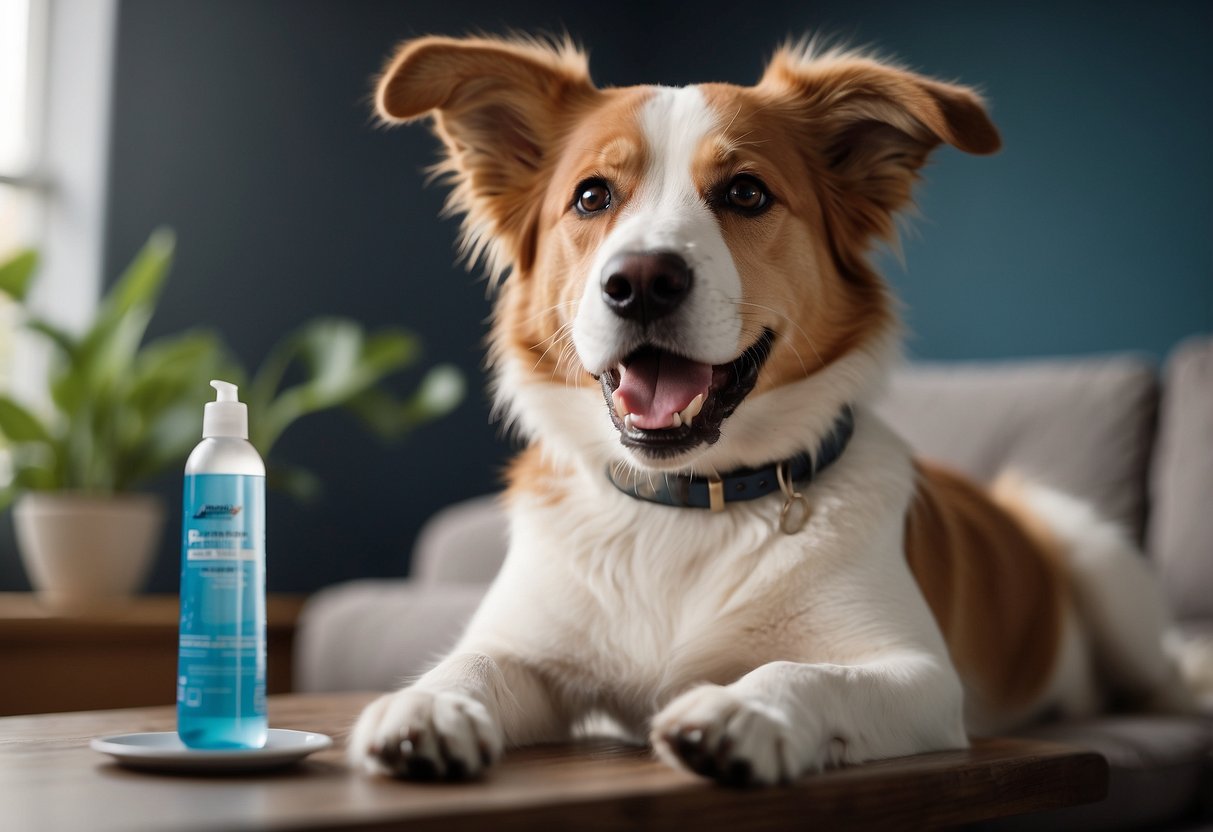
Vaccinations and Preventative Medicines
Vaccinations protect pets from various diseases that can be severe or even fatal. Common vaccines include those for rabies, distemper, parvovirus, and feline leukemia.
Your vet will develop a vaccination schedule tailored to your pet’s needs. Following this schedule is crucial for maintaining immunity against these diseases.
Preventative medicines are equally important for protecting your pet from parasites like fleas, ticks, and worms. Treatments are available in various forms such as oral tablets, topical solutions, and injections.
Regular use of these preventative measures helps in keeping pets healthy and reducing the risk of infestations and secondary health issues.
Maintenance of a Healthy Weight
Maintaining a healthy weight for your pet involves consistent monitoring and providing ample opportunities for exercise, among other things. Paying attention to these aspects ensures your pet remains fit and avoids obesity-related health issues.
Weight Monitoring
Regularly checking your pet’s weight is crucial. Weigh your pet at least once a month using a reliable scale. You should note any sudden changes in weight, as these could signal health problems.
It’s also useful to know the ideal weight range for your specific breed. Consult your vet for tailored guidelines. Keeping a log of your pet’s weight helps you track progress and identify trends.
Another method is observing your pet’s body condition score (BCS). This involves assessing certain visual and physical markers, like ribs and waistline visibility. A healthy pet should have a palpable ribcage with a slight fat covering and a visible waist when viewed from above.
Exercise Guidelines
Exercise is essential for maintaining a healthy weight. Dogs generally require at least 30 minutes to 2 hours of activity per day. This can include walks, fetch, or playing with toys. Cats also need exercise, usually around 15 to 20 minutes of active play daily, using items like laser pointers or feather wands.
Tailor exercise routines to your pet’s age, breed, and health condition. Puppies and kittens have different needs compared to older pets. Always start slowly and gradually increase activity levels to avoid overexertion.
For pets with special medical needs, consult your veterinarian to create a safe and effective exercise plan. Remember to keep these sessions consistent and engaging to ensure your pet remains both healthy and happy.
Dental Hygiene Practices

Maintaining your pet’s dental hygiene is crucial for their overall health. Proper care includes regular brushing and using dental treats along with professional cleanings to prevent plaque and tartar buildup.
Regular Brushing
Regular brushing of your pet’s teeth can prevent the buildup of plaque and tartar, which can lead to periodontal disease. It’s recommended to use a toothbrush and toothpaste specifically designed for pets. Some pet owners might find it easier to use finger brushes, which can give more control and help reach difficult areas.
Brushing should be done a few times a week, ideally daily. Introduce the process gradually, allowing the pet to get used to the sensation and taste of the toothpaste. Patience and consistency are key. Teeth brushing should become a comfortable routine for your pet, ensuring a stress-free experience for both owner and pet.
Dental Treats and Professional Cleanings
Dental treats can be a fun and effective way to keep your pet’s teeth clean. These treats are designed to reduce plaque and tartar buildup through chewing. Be sure to choose products approved by veterinary dental associations, as they meet specific standards for effectiveness.
Professional cleanings by a veterinarian are also essential. Pets may need anesthesia for thorough cleaning, which allows the vet to inspect and clean below the gum line safely. Annual check-ups can help identify any dental issues early and ensure timely treatment. Together, these practices contribute significantly to maintaining your pet’s dental health.



